W ithin the past few months, climate change has been experienced across the globe at an escalating pace, with long droughts in Europe leading to wildfires and torrential downpours producing two weeks’ worth of rainfall in just two hours. Meanwhile, the energy crisis is common in developed and least developed countries alike.
As a result of these extreme weather conditions and the accompanying energy crisis, global populations will be directly impacted by mass migrations and food shortages, while switching to coal and diesel to produce energy also contributes to climate destruction.
Sri Lanka’s economic crisis has placed the country in a debt situation which is directly impacting its energy requirement and supply of food and leading to increasing demand for supplementary services that run on fossil fuels due to the heavy dependency on hydropower and fossil fuels.
With the shortage in domestic gas, many have switched to cooking with firewood, increasing the demand for coal and firewood. The ban on imports of several food types has created the grounds for the authorities to permit short-term usage of forest lands for cultivation – once again giving rise to the clearance of swathes of land to establish monoculture farming.
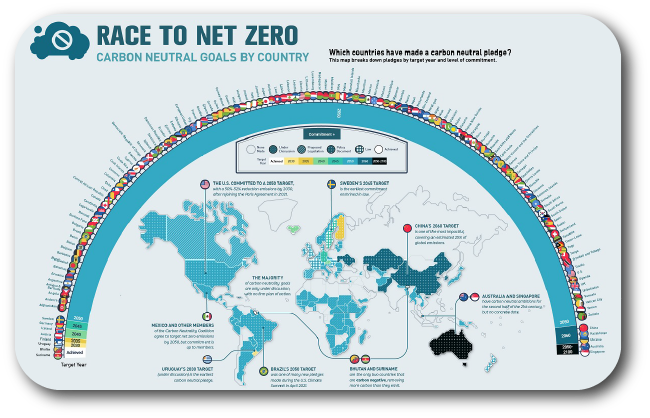
Despite the authorities’ desire to reduce the demand for fuel, the power sector is hamstrung by constant breakdowns of coal and diesel power plants and heavy dependency on hydropower, which has pushed many to purchase or rent generators, which again require diesel or petrol to function.
In such a situation, will Sri Lanka be able to contribute towards achieving zero global emissions or assist a developed nation to offset its carbon debt by allowing it to maintain forest cover here?
The Sunday Morning spoke to some experts in the field who are part of global-level discussions on climate change and have raised concerns on the redundancy of the concept of net zero emission or offsetting carbon debt.
In the past decades, goals have been set for sustainable development, carbon emission reduction, and establishing a green movement, while lengthy discussions have been held on how to save the environment. On occasion, we have even gone ahead and converted these into numbers, yet, as Environmental Science Professor Dr. Ajantha Perera points out, nature – being the great equaliser – will not care for what we have written down on paper.
“We would like to believe that Sri Lanka still has the necessary forest cover to set off the carbon emission that is happening within the country itself, but the ground situation is starkly different. It is true that we have a much greener country in a topical sense, yet in recent times, especially in the period following the pandemic lockdowns and with people facing food shortages, the area of forest lands cleared for farming has grown,” Dr. Perera explained.
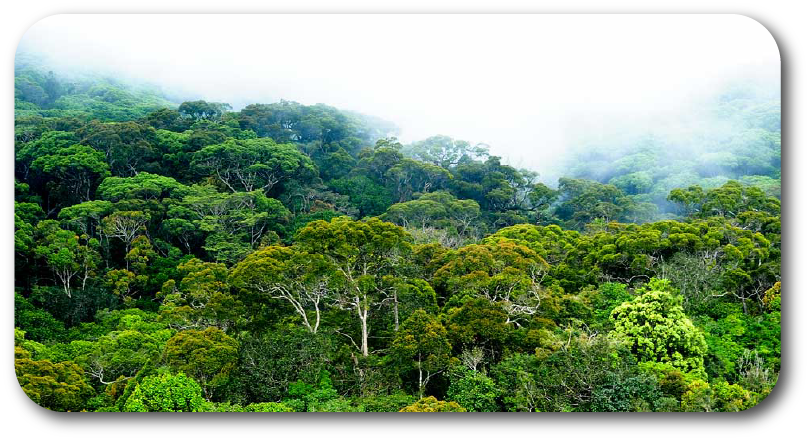
According to the Professor, data gathered from field visits has in fact indicated very disturbing results, as many such lands have been loaned by multinationals that pledge to improve or protect forest cover in countries like Sri Lanka. Yet in actuality, they are only growing their own food for export.
“Pledging is one thing; then exploiting the opportunity to come and grow anything is another. Most of these cultivations cause irreversible damage to our environment despite the quick revenue, which is only a small dollar income. We are losing our forest cover to such operations and there is no mechanism in place to monitor such activities. This is because such organisations have the blessing of the Government to cultivate in areas that should be forests,” Dr. Perera elaborated.
Centre for Environmental Justice Executive Director Hemantha Withanage echoed Dr. Perera’s sentiments: “The proposal of setting off carbon debt or even achieving net zero emission is a very good marketing tactic implemented by developed nations. It is sad that in recent times we have not been allowed to sit at certain meetings – the developed nations that are playing host to big oil and gas companies bought out all the allocations for their delegates. Even if we secure a seat or two, our voices will automatically be drowned out.”
Withanage noted that establishing net zero emissions and setting off carbon debt was a feel-good exercise carried out by developed countries.
“If you look at the carbon levels that such countries emitted during the First, Second, and Third Industrial Revolutions, including the harm they caused by extracting fossil fuels in the past several decades alone, the damage they have caused is actually irreversible. Just because they pledge to help with conservation or aforestation, that will never set off any destruction they have already caused to the environment,” he told The Sunday Morning.
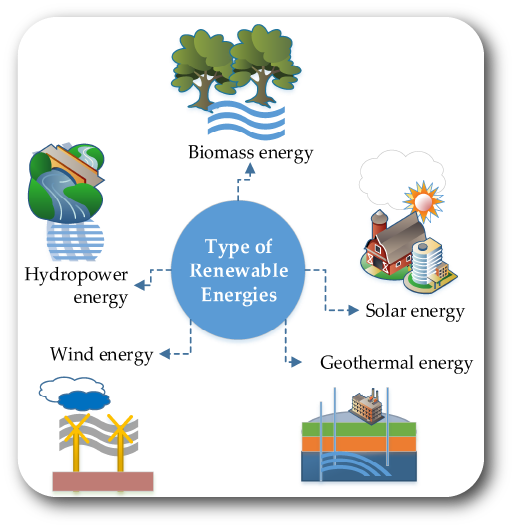
According to Dr. Jasinghe, much groundwork needs to be completed prior to even considering setting goals and achieving them. “We can debate theories for days, but in a practical sense, it is a gargantuan task, since the country is now undergoing various crises. As a first step to achieving zero emission levels, we will have to change our energy consumption patterns.”
To commence the process, Sri Lanka will have to reduce the usage of fossil fuels by switching to renewable energy consumption
for power generation, transportation, production, and manufacturing.
“The Government is currently discussing a method of accruing carbon credits with the Government of Japan. Acquiring buses that function on electricity is one step. However, we lack the funds to purchase such vehicles, as one such vehicle costs $ 50 million. Therefore we need to draw investors to assist Sri Lanka in reaching its zero-emission goals. These plans cannot be implemented overnight, so we will need an overarching plan that will be carried out by the authorities and institutions involved, no matter which political party comes to power,” Dr. Jasinghe explained.
Meanwhile, the Ministry of Environment is consulting the Green Climate Fund to explore prospects of attracting the necessary investors and expert knowledge, while looking to reach workable goals to be drawn up for Sri Lanka in the coming months.
Dr. Jasinghe noted that various agencies, governments and civil societies had to work in synergy for each country to achieve zero
emission status before even considering functioning as a host to set off carbon debt or agreeing to net zero emission proposals by developed countries.
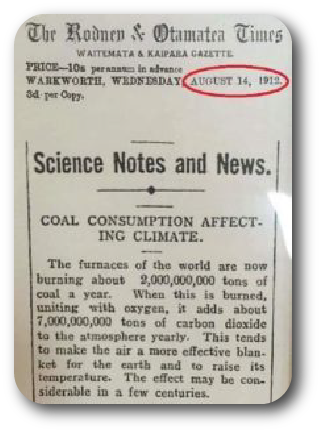
The consequences of fossil fuel and carbon emission were first brought to light on 14 August 1912 and published in the New Zealand-based Rodney and Otamatea Times, Waitemata and Kaipara Gazette, page 7, under the heading ‘Coal Consumption Affecting Climate,’ which was recently referenced in a blog post by Richard Branson.
Following is an excerpt of the article:
“The furnaces of the world are now burning about 2,000,000,000 tonnes of coal a year. When this is burned, uniting with oxygen, it adds about 7,000,000,000 tonnes of carbon dioxide to the atmosphere yearly. This tends to make the air a more effective blanket for the earth and raise its temperature. The effect may be considerable in a few centuries.”
While the world continues to debate how each country looks on paper, there are some scientists who are implementing practical
methods to heal the earth. As Ecologist Dr. Ranil Senanayake expresses, to reverse the damage that has been caused to the air, soil, and water that comprise the planetary life support systems is to restore the rural population of any country.
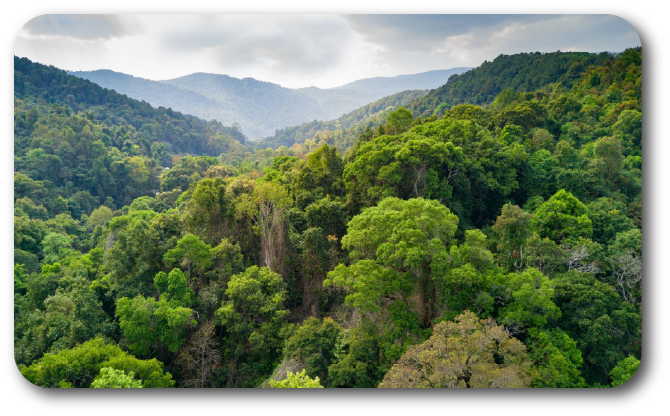
“Consideration of the rural populace as key players in land restoration is important because it is the rural person who will often be responsible for the acts that destroy or develop biomass and biodiversity. Rural out-migration is often a consequence of an inability to make a decent living off the land. The inability to place value on environmental services constrains the development of new rural opportunities, beggaring the farming communities and their attendant biodiversity. Using photosynthetic biomass as a proxy for
environmental services can contribute to reversing this trend,” Dr. Senanayake noted.
Dr. Senanayake is currently working with a team to place a value on the photosynthetic biomass that can benefit farmers who maintain forest gardens to equalise and assist with healing the environment around us.
“For us to achieve that, we should also look at ceasing dependency on exporting our products to sustain economic activities. It is only then that we can retain value and the farmer will be paid for the photosynthetic biomass that they maintain alive on their land. Work on restoration suggests that the higher the complexity of vegetation, the higher its photosynthetic biomass. Money can be now directed towards sustaining life rather than destroying it. It only requires the international system to recognise a value for photosynthetic biomass and let the market dictate its worth. We need to grasp the opportunity for change and move from a hydrocarbon driven economy to a carbohydrate driven one.” Dr. Senanayake opined.
The three basic substances of our biosphere, Air, Water and Soil share the characteristic that they are all dynamic and vary in quality and quantity from place to place on this planet.
READ MOREMost basic cause was the linking ‘development’ to the consumption of fossil energy. Thus Sri Lanka is a case study on how to become addicted to external inputs and loose independence.
READ MOREEnergy crisis is common in developed and least developed countries. Sri Lanka’s economic crisis has placed country in a debt situation which is impacting its energy.
READ MORE